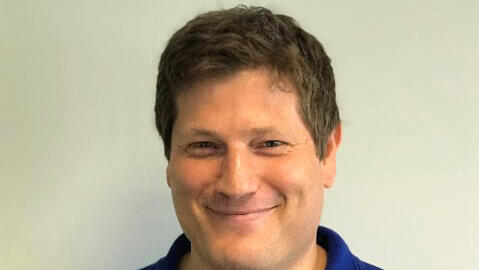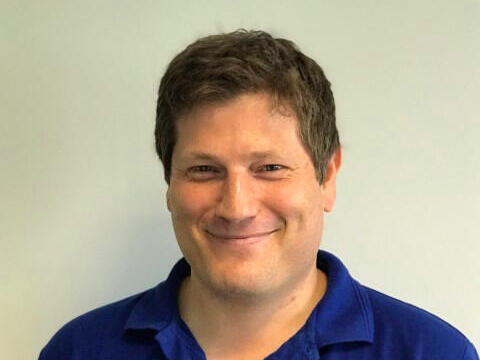
Opinion
How to tackle late-night meetings
Global Engineering Days let the AI and Data team at Intuit to address collaboration across time zones
Working for a global company like Intuit means access to the best and brightest talent, from Boise to Bangalore. Merging our varied backgrounds and viewpoints leads to greater innovation and creativity, but it also means a whole lot of meetings across a whole lot of time zones.
With our AI and Data team based in Israel, any conference with our colleagues in California meant either late nights for us or early mornings for them to bridge the 10-hour time difference. As any distributed team knows, too many off-hours meetings throw off the work/life balance, and our team was ready to address the challenge once and for all. Fortunately, we had a full week to dedicate to it.
Twice a year, Intuit engineers around the world pause work to focus on their passion projects during Global Engineering Days (GED). Born from a company culture that encourages innovative thought and motivates engineers to bring their best selves to work, GED leaves space for initiatives driven by our tech talent. They might work on a bug they’re eager to fix, a feature they’ve wanted to add, or a flow that needs fixing. Whatever they choose, the idea is to help tech talent embrace their own growth while driving the best possible customer outcomes and experiences.
With a very personal vendetta against late-night meetings, our team dedicated the latest GED to investigating the breadth of the problem and finding solutions to ease the pain of collaboration across time zones. We conducted a company-wide survey and combined it with analytics from Zoom meetings to collect both qualitative and quantitative data.
We found, unsurprisingly, that other teams were just as vexed by late-night meetings as we were. Some teams took on more of the load than others, and some of our most senior people were bearing the brunt of off-hours meetings — exactly the people we couldn’t afford to burn out!
Related articles:
More importantly, though, we heard from teams who were implementing best practices to make global collaboration simpler and less taxing. These include:
- Dividing late-night meetings among team members who can then brief one another
- Developing asynchronous work tools for efficient information sharing
- Tracking meeting times and keeping strictly to agenda topics
- Hiring more executive assistants to organize schedules and reduce meeting demand
- Concentrating certain roles locally
- Deciding on two specific “meeting-free” nights per week
- Using email software plugins and training to make meeting organizers aware of the hours kept by their invitees
Thanks to the data and insights we collected as part of our GED project, Intuit has already implemented “no-meeting afternoons” — every day, company-wide — so that teams can avoid working late into the night. Awareness training will help US employees, in particular, understand the burden shouldered by those across the pond to reduce last-minute cancellations and improve meeting hygiene. Additionally, the geolocation of teams will become a formal part of annual planning starting in fiscal year '23 to optimize the way work is distributed among locations and to create more strategic connections between teams.
Our team’s initiative is just one of many GED projects to make a real impact at Intuit. I feel fortunate to be part of a company that values the ideas engineers bring to the table, and I’m looking forward to using the upcoming GED to gain new insights and perspectives. Who knows what we’ll change next?
Tzvika Barenholz is the Intuit Israel AI & Data Director
